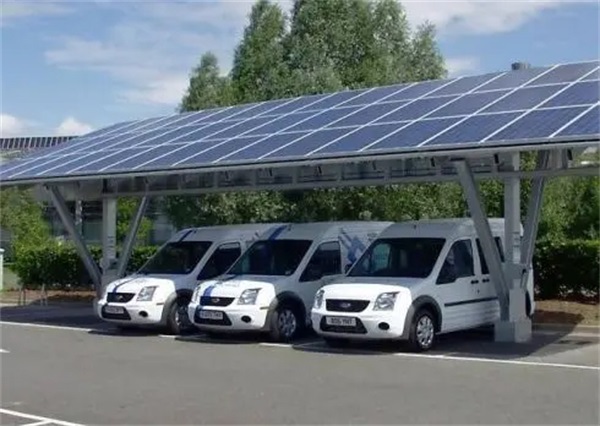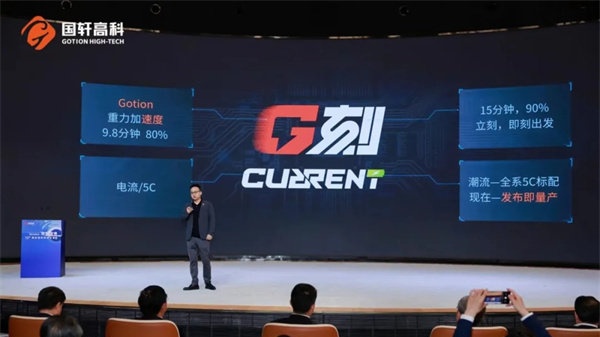Understanding the Difference: Amp-Hours vs Watt-Hours

Introduction
In the realm of batteries, particularly in the context of renewable energy systems and electric vehicles, understanding the difference between amp-hours (Ah) and watt-hours (Wh) is crucial. At first glance, these units may seem interchangeable, but in reality, they represent distinct measurements that serve unique purposes. In this comprehensive guide, we delve into the nuances of amp-hours and watt-hours, elucidating their definitions, applications, and significance.
Amp-Hours Explained
Amp-hours (Ah) are a measure of electrical charge stored in a battery. This metric indicates the amount of current a battery can deliver over a specific period. Mathematically, one amp-hour is equivalent to a flow of one ampere for one hour. For instance, a battery with a rating of 100Ah can supply a current of 1 ampere for 100 hours, or 100 amperes for 1 hour.
Application in Battery Sizing
In practical terms, the amp-hour rating of a battery is instrumental in determining its capacity and suitability for various applications. For example, in off-grid solar power systems, the amp-hour capacity dictates the amount of energy that can be stored during sunlight hours for use during periods of low or no sunlight.
Watt-Hours Demystified
Unlike amp-hours, watt-hours (Wh) take into account both the voltage and the current flowing through a circuit. This measurement represents the total energy consumed or produced over a specific period at a given voltage. The formula to calculate watt-hours is simple:
Watt-Hours (Wh)=Voltage (V)×Amp-Hours (Ah)Watt-Hours (Wh)=Voltage (V)×Amp-Hours (Ah)
This equation illustrates that watt-hours are a product of voltage and amp-hours.
Practical Significance
The watt-hour rating provides a more holistic perspective on energy consumption or production, especially in systems where voltage levels vary. In applications such as electric vehicles (EVs) and grid-tied solar installations, watt-hours serve as a critical metric for evaluating efficiency and estimating range or energy output.
Differentiating Between Amp-Hours and Watt-Hours
While both amp-hours and watt-hours relate to energy storage and consumption, they differ in their scope and interpretation. Amp-hours primarily focus on the battery's capacity to deliver current, disregarding variations in voltage. Conversely, watt-hours encompass both current and voltage, offering a comprehensive view of energy usage or storage.
Conclusion
In conclusion, while amp-hours and watt-hours are both fundamental metrics in the realm of electrical energy, they serve distinct purposes and offer unique insights. Understanding the disparity between these units is essential for making informed decisions regarding battery selection, system sizing, and energy management. By grasping the nuances of amp-hours and watt-hours, individuals and businesses can optimize the performance and efficiency of their energy systems, thereby fostering sustainability and innovation.

